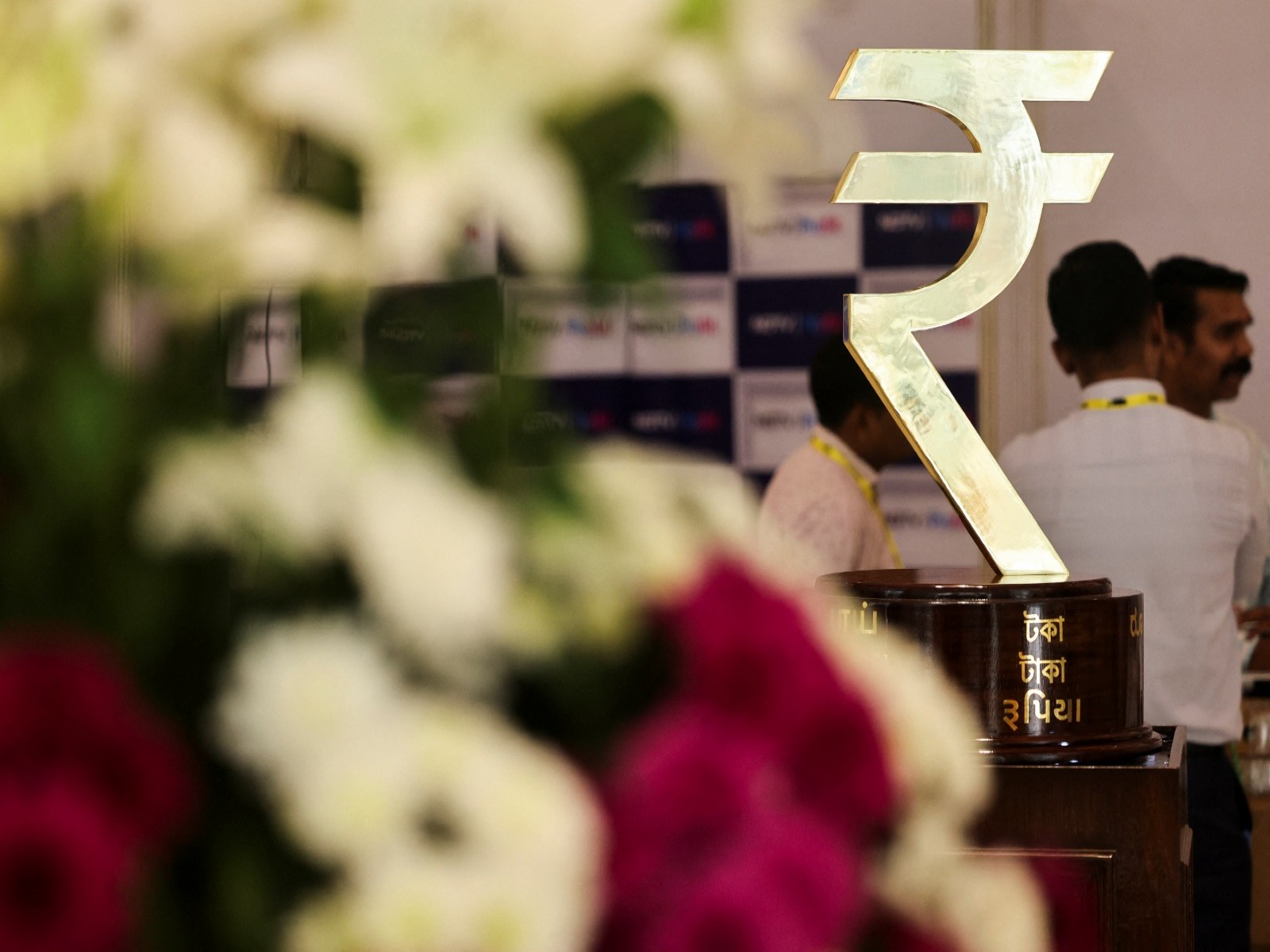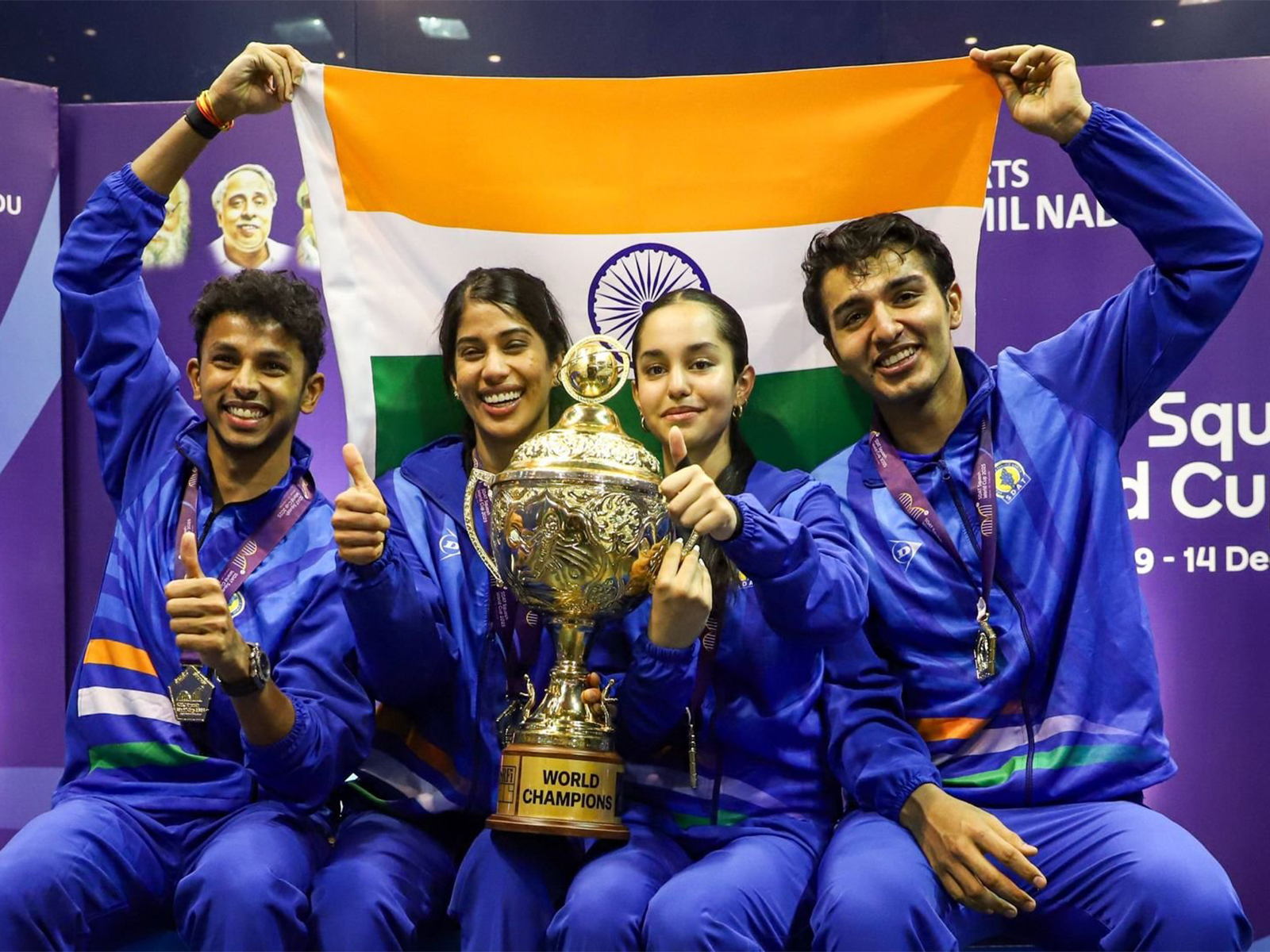WIPO treaty on intellectual property, genetic resources, traditional knowledge a big win for India, Global South
May 26, 2024

New Delhi [India], May 26 : India said the recently concluded WIPO treaty on intellectual property, genetic resources, and associated traditional knowledge, is a significant win for countries of the global South and for the country.
"The treaty marks a big win for India and the global South which has for long been a proponent of this instrument. After two decades of negotiations and with collective support, this treaty has been adopted at the multilateral fora,with a consensus among more than 150 countries," Ministry of Commerce and Industry said in a statement.
The treaty requires a patent application to disclose any invention that they claim uses genetic resources. It would be necessary for each contracting party to demand that applicants provide the nation of origin or source of the genetic materials.
In cases where an innovation asserted in a patent application is grounded upon customary knowledge linked to genetic resources, all parties involved shall oblige applicants to identify the Indigenous Peoples or local community, as appropriate, that contributed the customary knowledge.
WIPO is one of the 15 specialised agencies of the United Nations (UN) works to promote protect intellectual property (IP) across the world by cooperating with countries as well as international organisations.
India which has been highlighting the discrepancies within the patenting system, termed it a significant move as the treaty recognises a connection between local communities and their genetic resources (GRs) and ATK (Aboriginal Traditional Knowledge) in the global IP community.
Several Indian herbs and products have been falsely claimed as foreign inventions, leading to patent applications that India has contested. For example, the patent rights for turmeric, a tropical herb native to East India and widely used as a medicine and food ingredient, were awarded to the University of Mississippi Medical Center. Additionally, India has raised concerns over patents being awarded for Neem and Indian Basmati rice in the past.
India played a critical role during these negotiations. India was the only country which prepared a detailed paper on the base text for treaty negotiations. During the diplomatic conference, India secured its policy space and proposed many modifications in the draft treaty text. Some of these changes also found favour with other countries and were incorporated in the final treaty document.
This treaty will require contracting parties, including the developed world, to bring changes in their existing legal framework for enforcing disclosure of origin obligations on patent applicants.
















